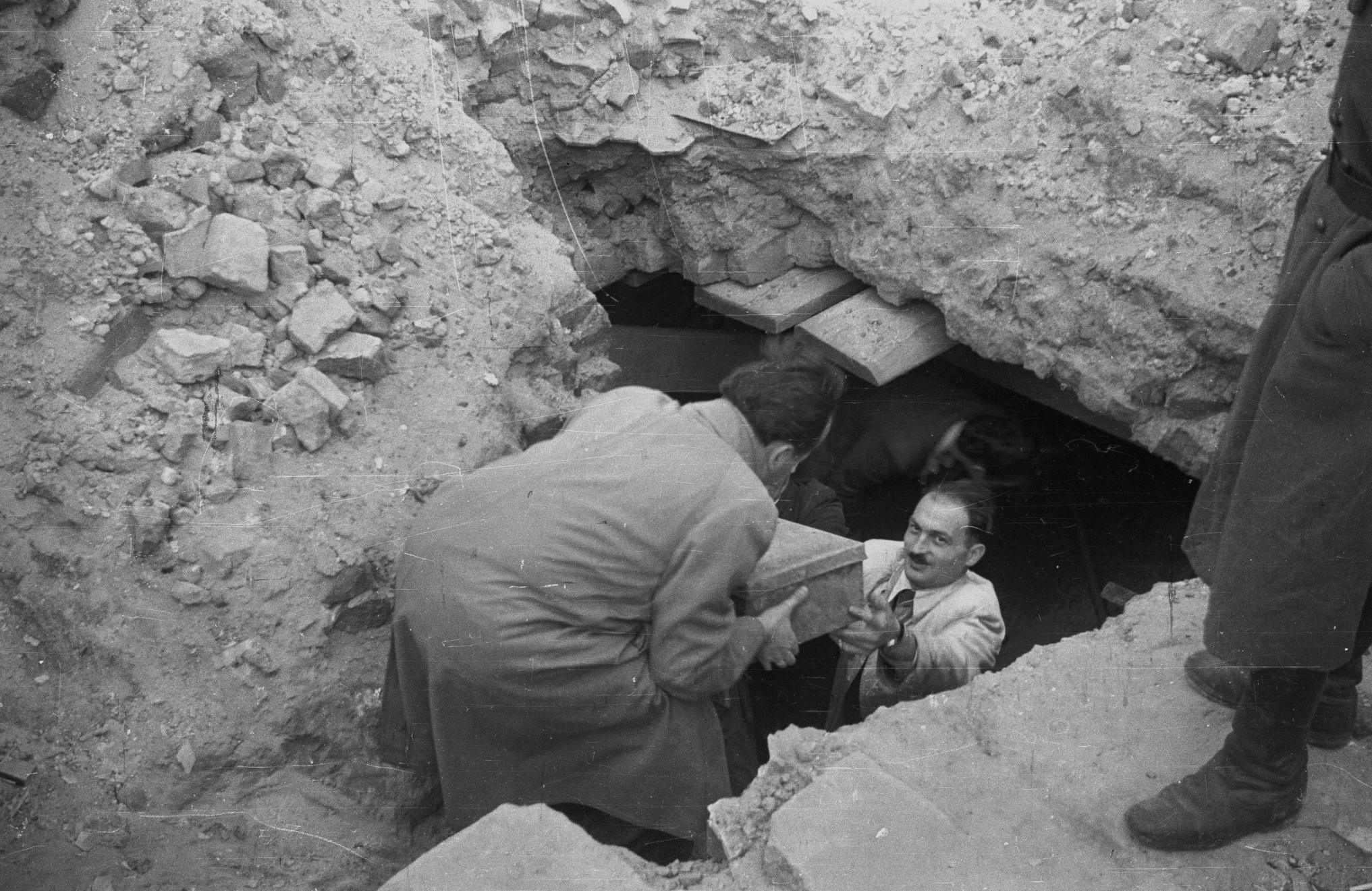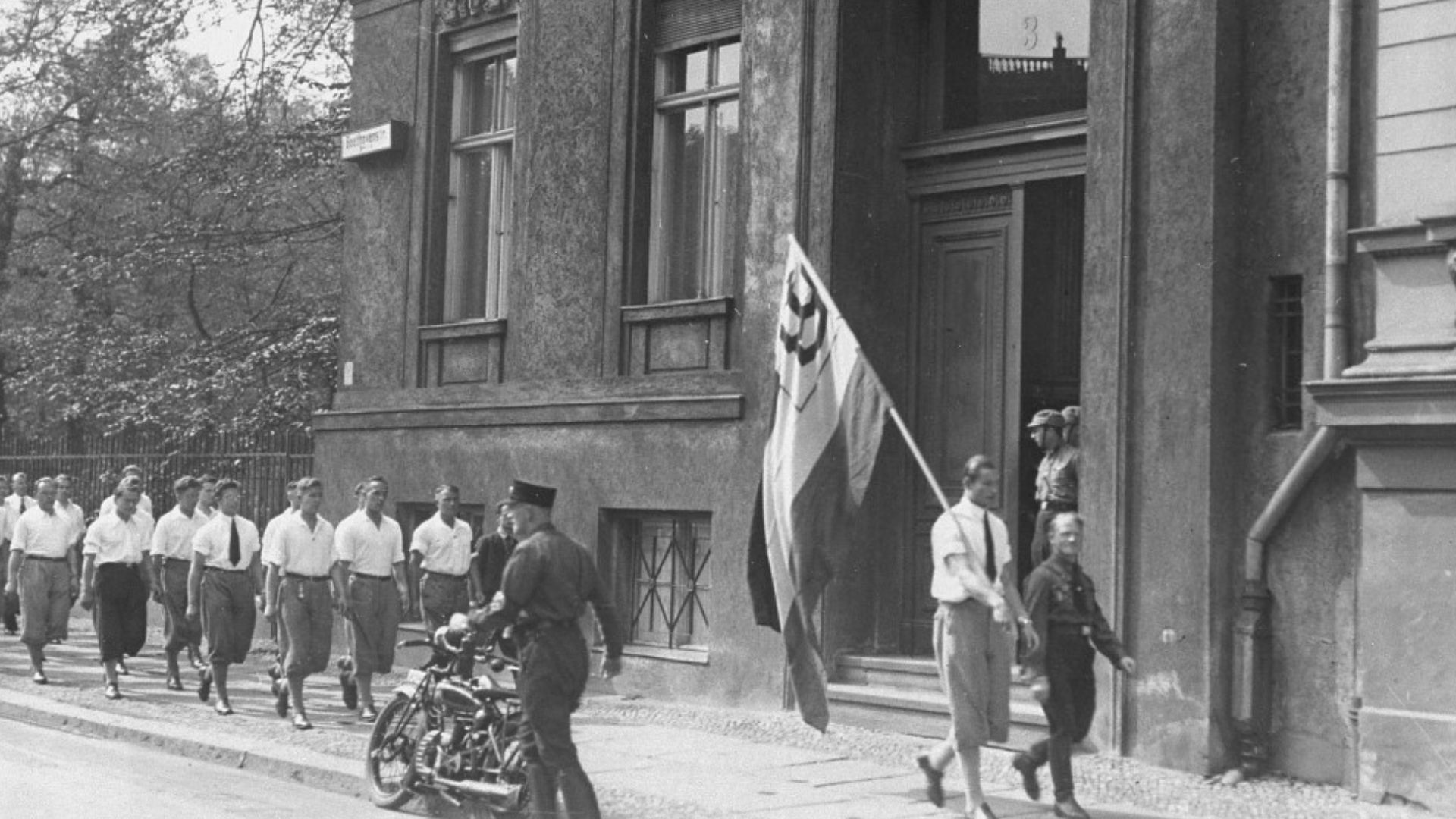I am often asked if the study of the Holocaust is compulsory in Australian, or at least Victorian, schools. Although many schools, as evidenced by the thousands of students who visit our Centre, do study the Holocaust, there is no guarantee that all students will. For some students, their first formal encounter with the Holocaust is in Year 8 or 9; for others it is in Year 11. The reasons for studying the Holocaust and visiting our Centre in conjunction with their studies are varied. Some come because of a text they are studying in an English class which deals with the Holocaust, such as Night, The Diary of Anne Frank, or The Boy in the Striped Pyjamas. Others come because of a history course. Sometimes it is a study of Religion and Society in a Year 11 VCE course which brings students, or a psychology course. Media studies and the study of films like Life is Beautiful or Schindler’s List call for a visit to the Centre. As the reasons vary, so too will the depth and breadth of the students’ learning.
In New South Wales, there is no mention of the Holocaust anywhere in their state curriculum – apart from a quote from a Holocaust survivor about the importance of learning history! (see http:// www.theaustralian.news.com.au/ story/0,25197,23996561-12332,00. html) Of course, this does not mean that the Holocaust will not be studied, but rather that the decision is up to each school and its teachers.
To complicate matters, many teachers, through no fault of their own, have only a cursory knowledge of the Holocaust. Thus, teaching the Holocaust first requires a crash course in the basic facts, figures, names and events. Even then, the Holocaust demands its own unique pedagogic strategy and methodology. In short, even if all students did study the Holocaust, their learning would certainly be varied.
Considering all this, we might be encouraged by the news that it is the intention of the Australian Government to formulate a national curriculum, which will help ensure uniformity across the nation regarding the subjects and topics Australian students learn. Since our national student body is not even as large as that in some major American cities which would have a uniform curriculum, this seems like a reasonable idea for Australian students.
The draft papers for a national history curriculum indicate that the Holocaust ‘will be studied in its own right’. Our first response might understandably be: ‘Wonderful! No more gaps in students’ knowledge, particularly about the most important and tragic events humanity has experienced.’ However, a reading of the draft for the history curriculum, available at http://www.ncb.org.au/our_work/ preparing_for_2009.htm raises some interesting questions and serious concerns.
In the draft document, regarding Unit 4: Australia and the Modern World (1901-present) we read:



